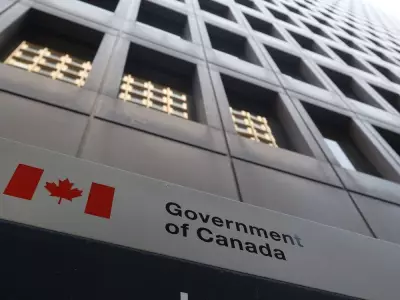
New Brunswick Moves Toward Regular Language Act Assessment
The government of New Brunswick has announced a significant proposal to implement regular five-year reviews of the province's Official Languages Act. This initiative, revealed on November 7, 2025, represents a structured approach to ensuring the province's bilingualism framework remains current and effective.
Structured Review Process
Under the proposed system, the provincial government would conduct comprehensive assessments of the Official Languages Act at consistent intervals. This systematic review process aims to evaluate how well the legislation serves New Brunswick's unique bilingual character and identifies areas requiring improvement or modernization.
The five-year review cycle would provide regular opportunities for public input and stakeholder feedback, ensuring the language policy evolves with changing societal needs and demographics. This approach contrasts with the previous system where reviews occurred irregularly, often in response to specific issues or political pressures.
Historical Context and Future Implications
New Brunswick stands as Canada's only officially bilingual province, with the Official Languages Act serving as a cornerstone of its cultural and governmental identity. The proposed regular reviews acknowledge the dynamic nature of language use and the need for policies that reflect contemporary realities.
This initiative demonstrates the province's commitment to maintaining and strengthening its bilingual character while ensuring language services remain accessible and effective for all residents. The structured review process would provide predictable timelines for assessment, allowing community organizations, language advocates, and government agencies to prepare meaningful contributions to the evaluation process.
The proposed changes come as part of broader efforts to modernize language governance in the province, potentially influencing how other jurisdictions approach official language legislation and periodic policy assessment.





